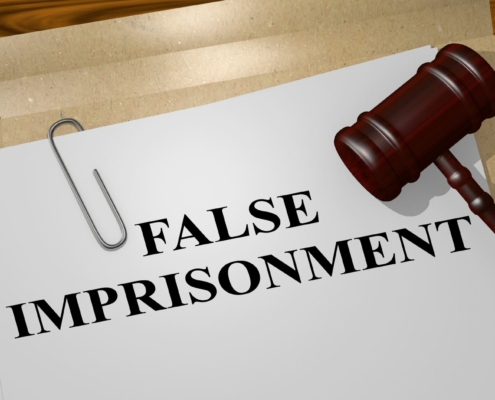Mediation: Is virtual or zoom or in person mediation better?
Mediation offers significant benefits in legal cases, including saving time, money, and reducing emotional stress for parties involved. With the advent of technology, mediation can now be conducted both in-person and via Zoom, each presenting its unique advantages and challenges. This article explores the pros and cons of both methods to help attorneys and their clients choose the most suitable option for their case. Understanding these differences can aid in selecting the best approach for effective dispute resolution.







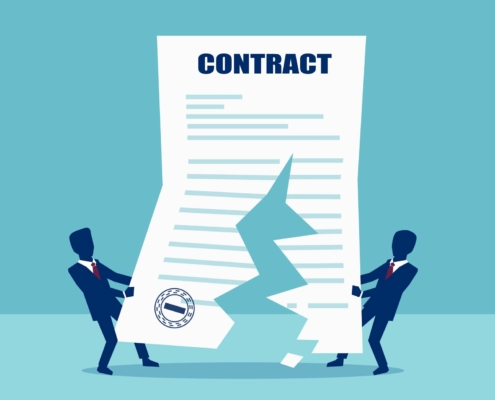




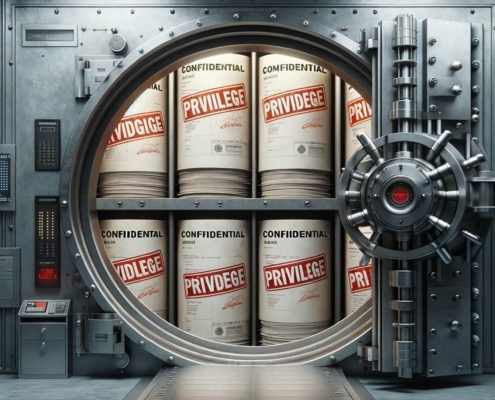



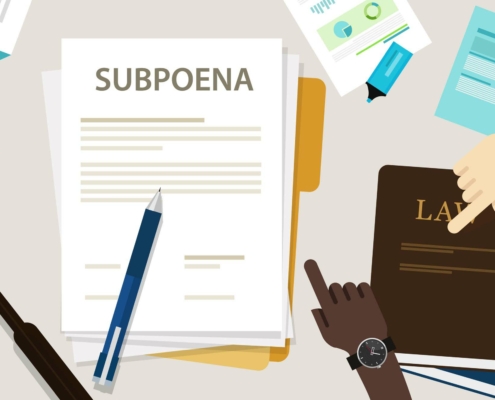
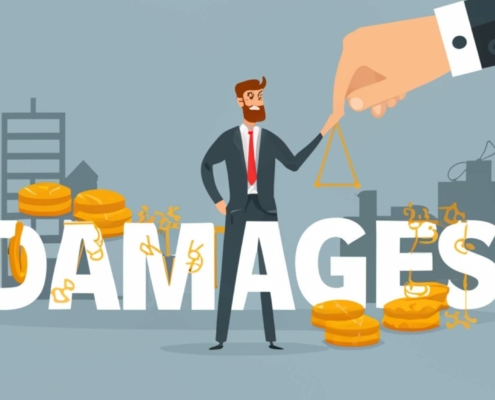
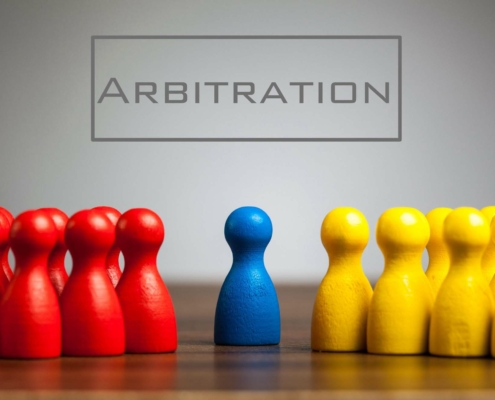
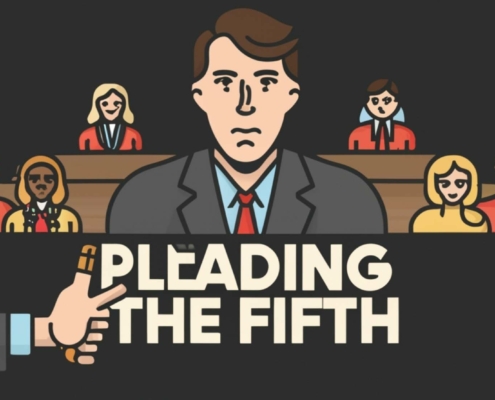


 By: Brad Nakase, Attorney
By: Brad Nakase, Attorney